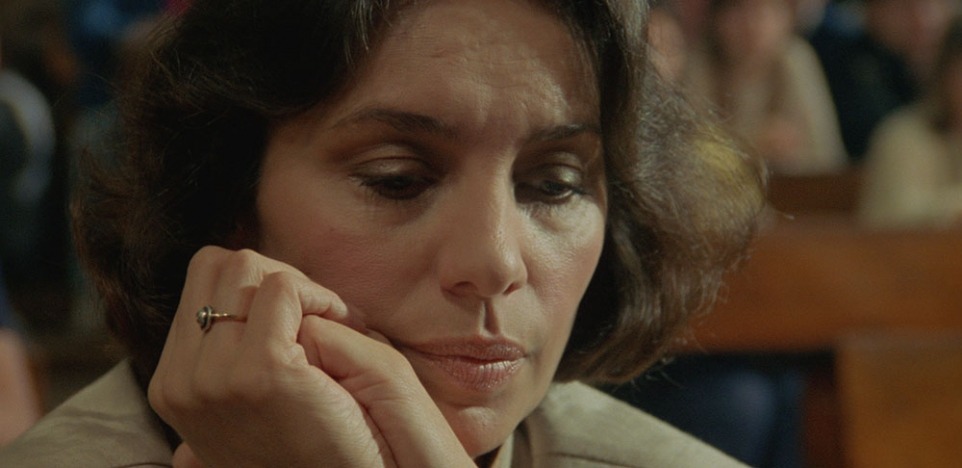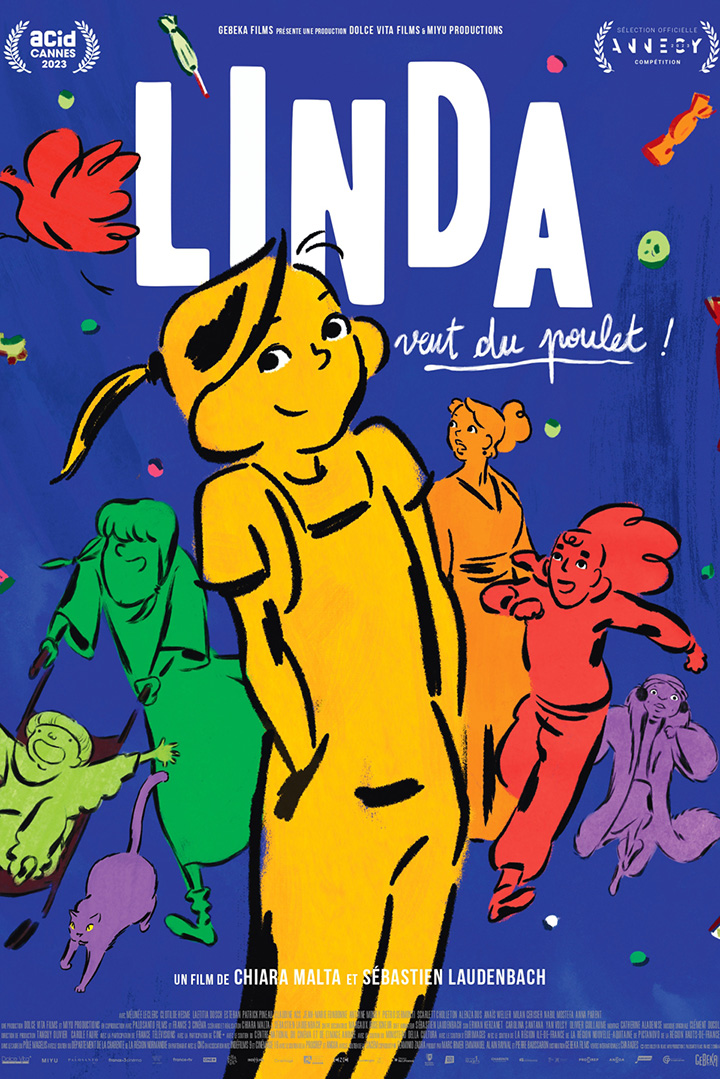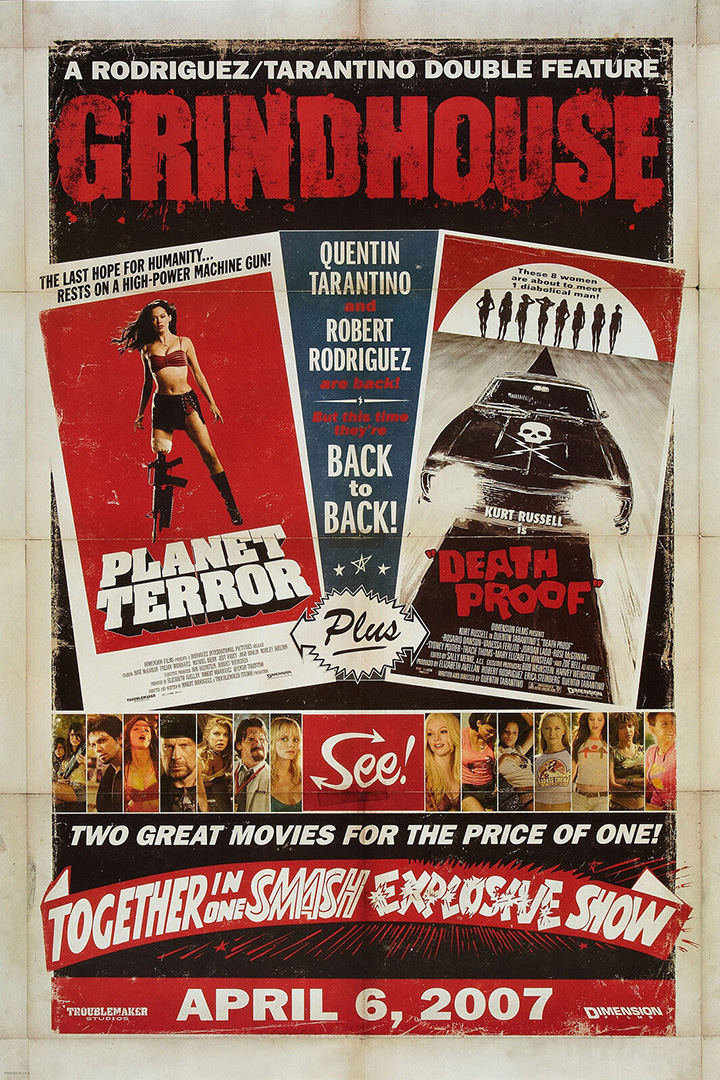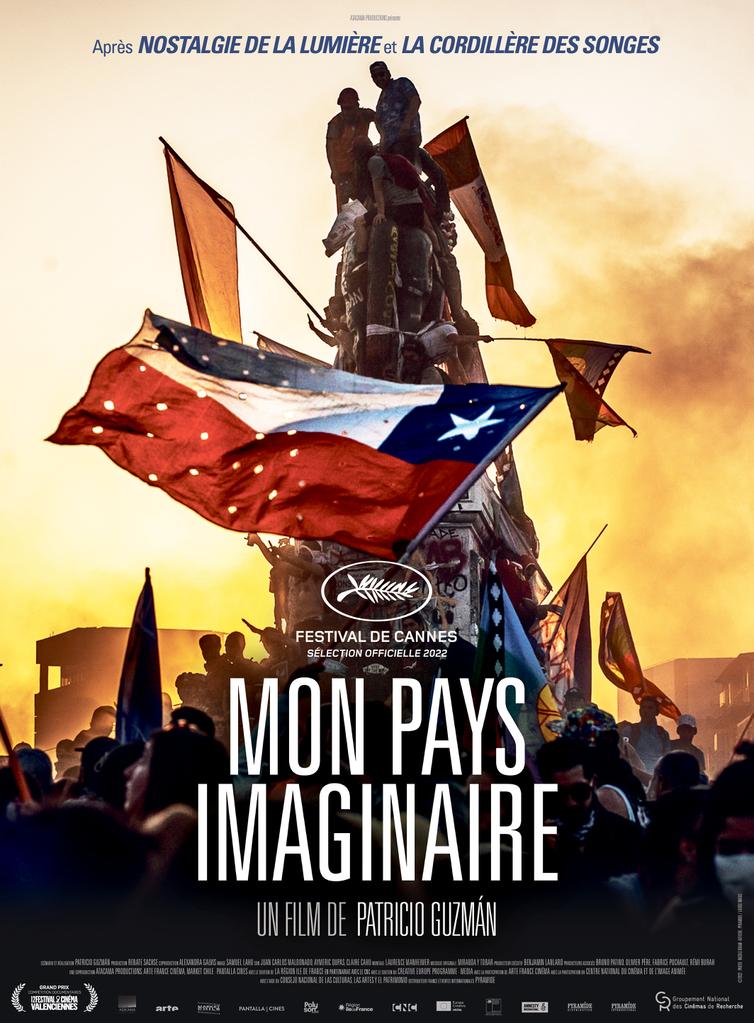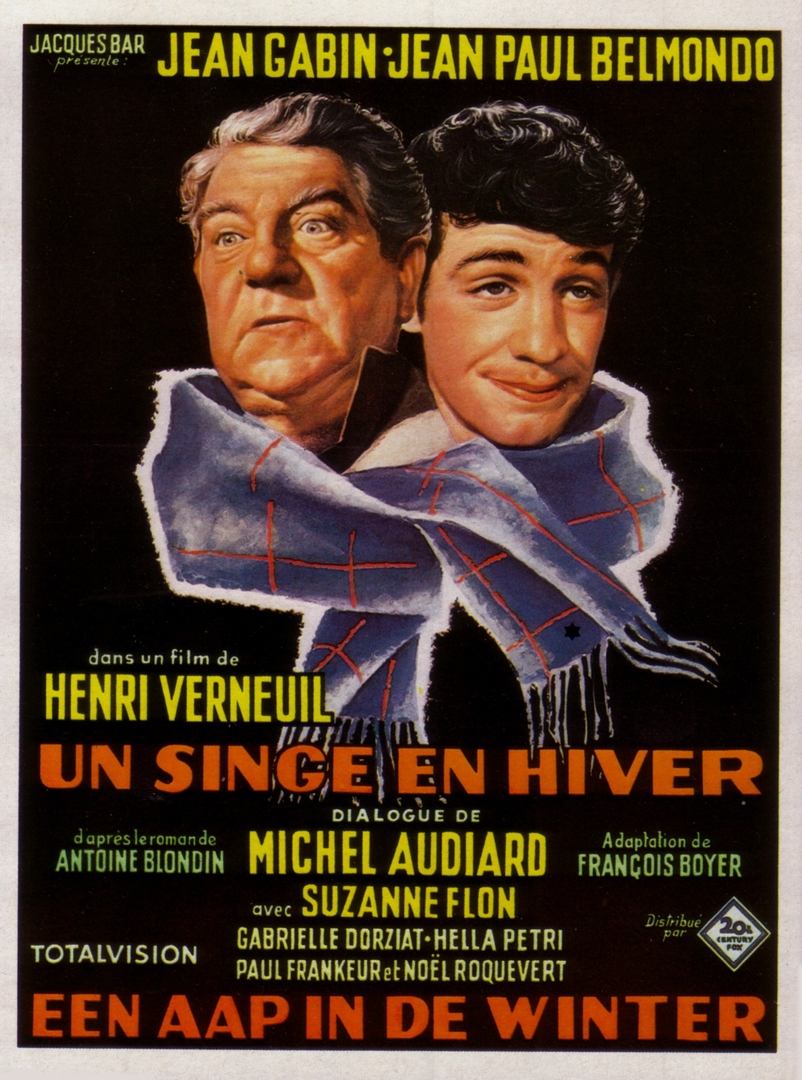Dekalog: Eight
This cycle is an opportunity to revisit in its entirety the ten-episode series conceived for television of Krzysztof Kieślowski's Decalogue, thanks to copies preserved in our collections. Co-written by Kieślowski and lawyer Krzysztof Piesiewicz, this monumental work draws on the structure of the biblical Ten Commandments to raise major existential and moral questions through the daily life of a building in communist Poland in the late 1980s.
Zofia, a renowned ethicist teaching at the University, is confronted with her own past when a Jewish American woman appears and tells her that a Catholic couple had refused to give her shelter during World War II. The woman who did so is Zofia. The two must re-evaluate their view of the past.
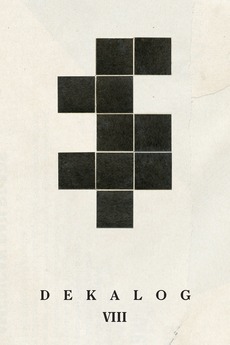
Krzysztof Kieślowski
Born in 1941 in Warsaw, Krzysztof Kieślowski enrolled in the theater school run by his uncle in his teens. Then he decided to study directing and enter the National Film School in Łódź. It was there that he signed his first short films in the late 1960s. During the following decade, he altern between making numerous documentaries often of a social nature, and his first fiction films. In 1979, his film L'amateur was a great success. With Without End, in 1984, he began a long-standing collaboration with the lawyer Krzysztof Piesiewicz, who from then on co-wrote all his films. His next series of films, The Decalogue, brought him international recognition. In the early 1990s, the trilogy Three Colors - Blue, White, Red who turns out to be the high point of his filmography, as he died prematurely in 1996.

